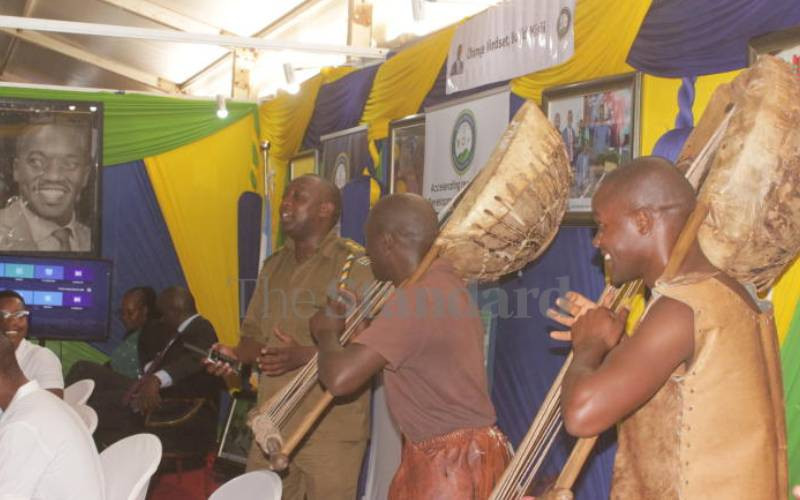×
The Standard e-Paper
Stay Informed, Even Offline

Counties tried to outdo one another in showcasing their products and services at the eighth Devolution Conference held in Eldoret.
From bead products to cultural artefacts to ornamental attire to gold and banana wine, there were variety of items on display.